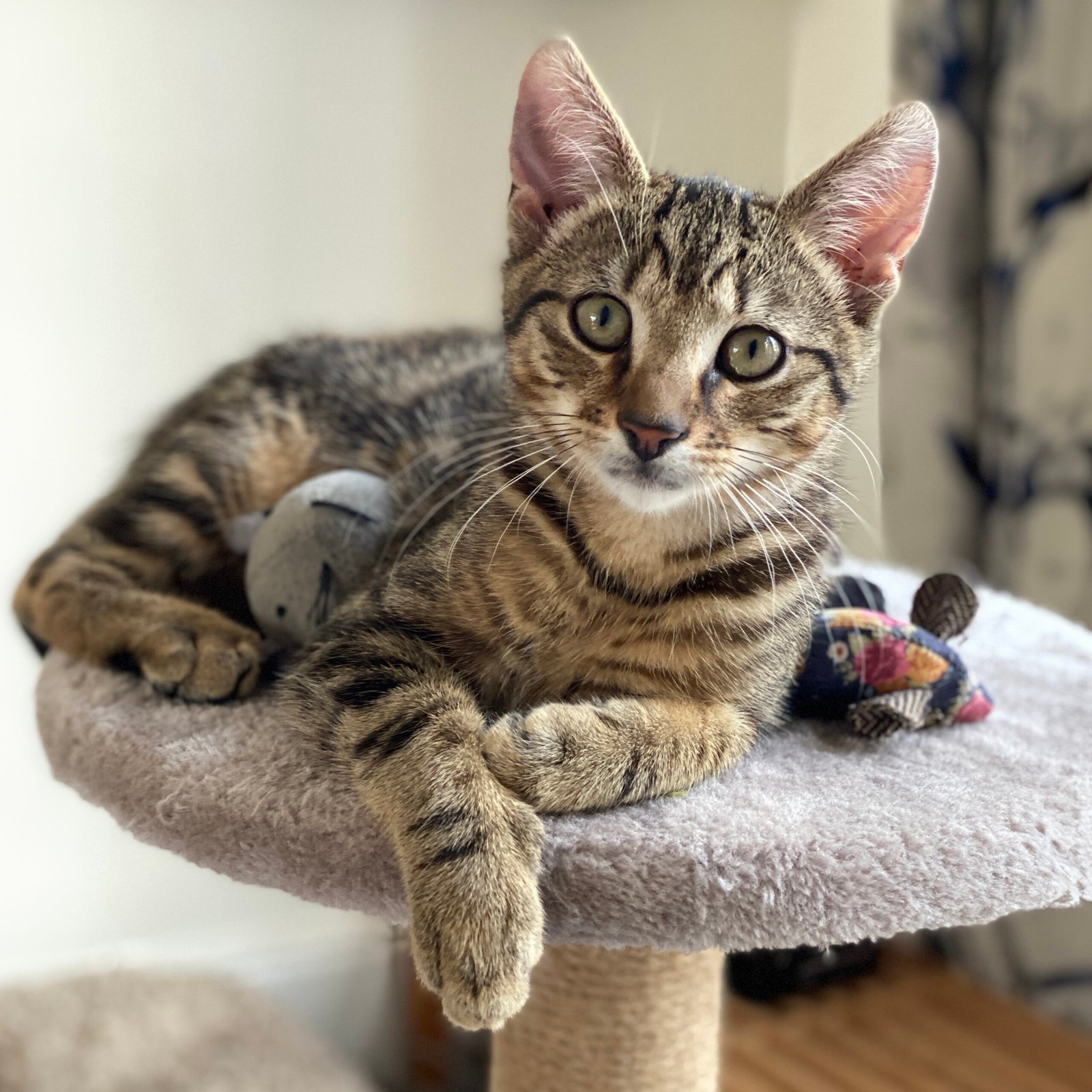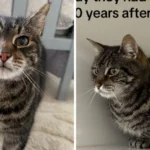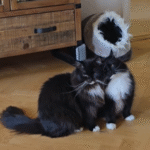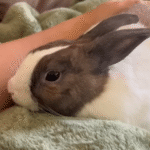Have you ever noticed your cat acting jumpy after a sudden noise, or hiding when visitors arrive? It’s not just quirky feline behavior—cats are deeply sensitive beings, wired to crave calm and routine. For cat lovers, understanding this need isn’t just about comfort, it’s about ensuring your furry friend feels truly safe and happy. Let’s dive into the fascinating world of cats and discover why tranquility and predictability make all the difference in their lives.
The Instincts Behind a Cat’s Need for Stability

Cats are natural survivors, carrying instincts shaped by thousands of years in the wild. Even the fluffiest house cat still has the heart of a cautious hunter. In the wild, unpredictability often means danger. A sudden noise could signal a lurking predator or a threat to their food. That’s why your cat might freeze or flee at unexpected sounds or movements. Their brains are hardwired to scan for safety. When their home environment feels stable and routine, their instincts can finally relax, letting them enjoy their day without worry. Stability is not just a preference for cats—it’s the foundation of their wellbeing.
How Routine Reduces Feline Stress

Imagine living in a world where you never know what’s coming next—sounds exhausting, right? That’s exactly how cats feel without routine. When meals, playtime, and cuddles happen around the same time each day, cats learn what to expect. This predictability helps their bodies regulate stress hormones and keeps anxiety at bay. A cat that knows when to expect breakfast or when their human will come home feels secure. Without this, even small changes—a late meal, a different litter box location—can make them anxious. Routine brings peace of mind to our whiskered companions.
The Importance of Safe Spaces

Every cat deserves a haven where they can retreat and recharge. Safe spaces, like cozy beds, high perches, or quiet corners, are essential for feline happiness. In a calm environment, these safe spots become even more valuable. Cats use them to escape from loud noises, unfamiliar faces, or just to take a peaceful nap. When their territory is predictable and undisturbed, cats are more likely to use their safe spaces confidently, rather than hiding in fear. Providing these sanctuaries helps build their trust and makes your home truly feel like theirs.
Why Sudden Changes Cause Anxiety

Cats don’t handle surprises well. A rearranged living room, a new pet, or a visiting guest can throw your cat’s world into chaos. Their sharp senses pick up on every little change, making them extra sensitive to disruptions. This anxiety can show up as hiding, refusing food, or even acting out with unwanted behavior. Unlike dogs, who may adapt more quickly, cats need time and patience to adjust. Keeping their daily environment as predictable as possible helps ease their worries and keeps their hearts at peace.
The Role of Human Behavior in Feline Comfort

Our actions have a massive impact on our cats’ happiness. Calm, gentle movements and consistent routines signal safety to our feline friends. Loud voices, unpredictable handling, or sudden changes in our schedule can quickly unsettle them. By being mindful of our own behavior, we can help our cats feel more secure. Taking time to move slowly, speak softly, and stick to familiar routines shows our cats they can trust us. This trust forms the foundation of a strong, loving bond.
The Power of Environmental Enrichment

While cats adore predictability, they also need mental and physical stimulation. The key is introducing enrichment in a controlled, gentle way. Toys, climbing trees, and window perches allow cats to explore and play without overwhelming surprises. Rotating toys or adding new scratching posts can keep things interesting, as long as changes are gradual. A balance of calm predictability and stimulating activities helps cats stay curious, fit, and content. It’s like giving them a playground, but letting them explore at their own pace.
Helping Shy or Nervous Cats Feel at Home

Some cats are naturally more sensitive than others, especially those with shy or anxious personalities. For these kitties, a calm and predictable environment is absolutely crucial. Minimizing loud noises, providing hiding spots, and keeping routines steady can make a world of difference. If you’ve adopted a rescue cat or a kitten with a timid nature, patience is key. Gentle introductions to new people or changes, paired with plenty of love and treats, can slowly build their confidence. Over time, even the most nervous cat can blossom in a peaceful, predictable home.

Linnea is a born and bred Swede but spends as much time as possible in Cape Town, South Africa. This is mainly due to Cape Town’s extraordinary scenery, wildlife, and atmosphere (in other words, because Cape Town is heaven on earth.) That being said, Sweden’s majestic forests forever hold a special place in her heart. Linnea spends as much time as she can close to the ocean collecting sea shells or in the park admiring puppies.






